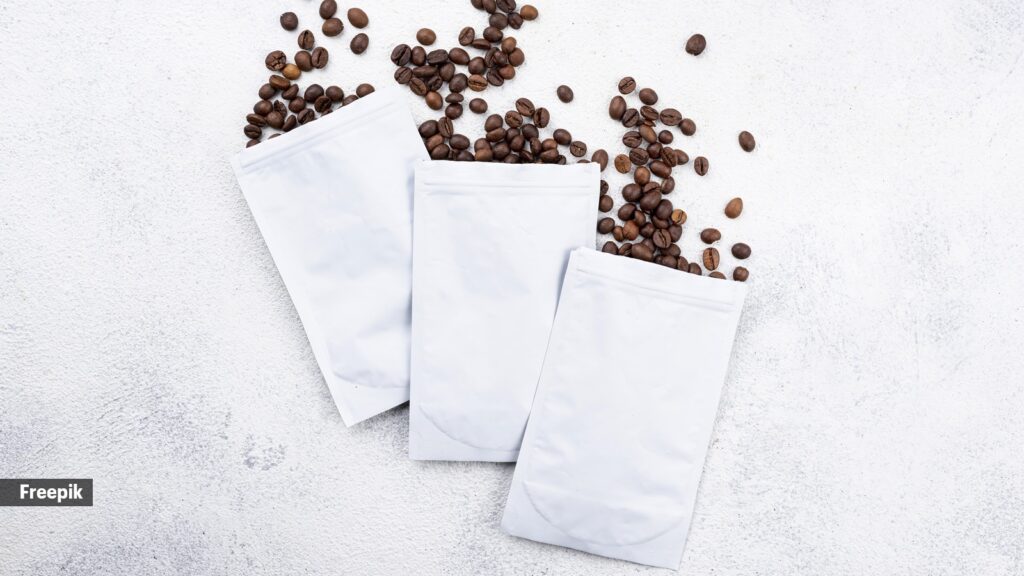970x125
A new way of getting a strong caffeine hit is gaining popularity among youngsters, and it’s raising red flags among health professionals. Caffeine pouches, which look like small teabags, are placed between the lip and gum, releasing caffeine directly into the bloodstream.
970x125
They’re being promoted online by influencers as a quick energy boost for gym sessions or late-night study marathons. Because the pouches are discreet, they can be used unnoticed in classrooms, gyms, or even at home.
According to the BBC, while some users boast about “buzzing” from taking two at once, health specialists like Dr Rob van Dam from George Washington University warn that young people may have lower caffeine tolerance, and in extreme cases, overconsumption could land them in the emergency room. The report adds, “High levels can cause a rapid heart rate, abnormal heart rhythms, and seizures. Although rare, there are documented deaths from excess caffeine.”
To know more about this trend, we spoke to an expert to get a better understanding of how it works and the risks everyone should be aware of.
How do caffeine pouches compare to coffee or energy drinks in terms of how quickly and intensely the caffeine is absorbed by the body?
Ashlesha Joshi, senior nutritionist at Tone 30 Pilates, tells indianexpress.com, “Caffeine pouches deliver caffeine through the lining of the mouth, which allows it to enter the bloodstream more rapidly than when it is consumed in coffee or energy drinks and absorbed through the digestive system.”
This faster absorption, she adds, can lead to a more “immediate and intense stimulant effect, sometimes within minutes, without the gradual onset you get from drinking coffee.” This rapid spike can also increase the chances of jitteriness, anxiety, or palpitations.
 High doses of caffeine from pouches can lead to restlessness, rapid heart rate, anxiety, digestive discomfort, and disrupted sleep patterns. (Source: Freepik)
High doses of caffeine from pouches can lead to restlessness, rapid heart rate, anxiety, digestive discomfort, and disrupted sleep patterns. (Source: Freepik)
Short-term and long-term health risks of regular caffeine pouch use
In the short term, Joshi says that high doses of caffeine from pouches can lead to restlessness, rapid heart rate, anxiety, digestive discomfort, and disrupted sleep patterns. For teenagers, whose brains are still developing, these effects can also impact focus, mood regulation, and emotional stability.
Story continues below this ad
“Over the long term, frequent use can contribute to caffeine dependence, chronic sleep issues, elevated blood pressure, and potential cardiovascular strain. There is also concern about how early exposure to high-intensity caffeine can condition the brain to seek out stronger stimulants over time,” says Joshi.
Could using caffeine pouches increase the likelihood of moving on to other stimulant products, such as nicotine pouches, and how can this be prevented?
Joshi mentions, “Yes, there is a risk because caffeine pouches normalise the behaviour of using small, discreet, mouth-absorbed stimulants, which can make nicotine pouches feel like a natural next step.”
According to the expert, prevention involves education about the potential for cross-dependence, setting clear limits on caffeine consumption, and promoting healthier energy-boosting habits like regular sleep, balanced nutrition, and physical activity. For teenagers, parental monitoring and open conversations about peer pressure and online trends can help reduce experimentation with high-risk products.
Want to know why caffeine ‘sticks around’ in the body for several hours? Nutritionist Ishti Saluja shares her take, along with three things you should keep in mind before having tea or coffee. Read here.
Story continues below this ad
DISCLAIMER: This article is based on information from the public domain and/or the experts we spoke to. Always consult your health practitioner before starting any routine.
970x125

